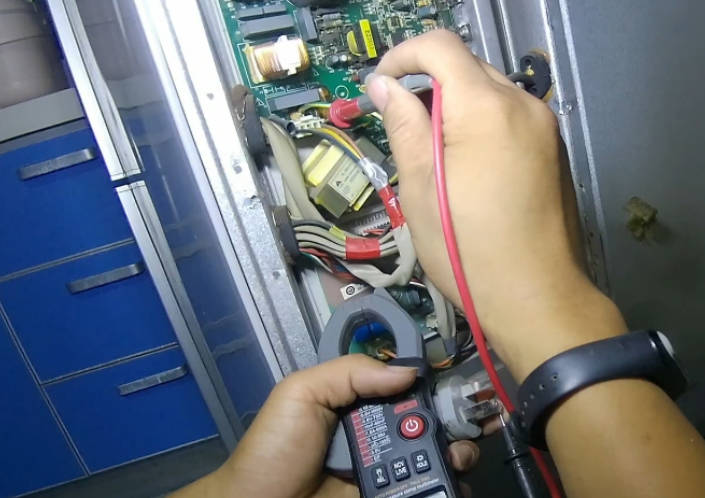Should I Replace or Repair a Broken Medical Refrigerator?
Medical refrigerators are widely used today, and when they malfunction, the question arises whether to replace them with new ones or to repair them. Generally speaking, this is a topic worthy of in-depth discussion, focusing on medical refrigerators.

Firstly, it is important to clarify that malfunctions in medical refrigerators can be caused by various factors. Some faults may result from equipment aging, improper use, or environmental factors.
For instance, prolonged use may lead to compressor wear, refrigerant leaks, or circuit aging. Additionally, if medical refrigerators are not properly cleaned and maintained, malfunctions may also occur. Therefore, before deciding whether to replace or repair, a detailed diagnosis and analysis of the cause of the fault are necessary.
When considering whether to replace the medical refrigerator, multiple factors need to be weighed. On the one hand, new medical refrigerators typically offer higher energy efficiency, more advanced refrigeration technology, and longer service lives. These advantages can not only improve the working efficiency of medical refrigerators but also reduce energy consumption and operating costs.
On the other hand, purchasing new medical refrigerators requires a significant investment, which may be a considerable burden for some medical institutions with limited budgets. Furthermore, if the old medical refrigerator still has some usable value and the fault can be resolved through repairs, replacing it may not be the wisest choice.
In contrast, repairing the medical refrigerator may be a more economical and practical option. For some common faults, such as compressor failures, refrigerant leaks, or circuit malfunctions, professional repair personnel can usually solve the problem by replacing damaged components or making necessary adjustments. This repair method can not only save the cost of purchasing new equipment but also extend the service life of the medical refrigerator. However, it is important to note that repairs are not a panacea. For some severely damaged or aged equipment, repairs may only be a temporary solution and cannot fundamentally address the problem. Additionally, if repair costs are too high or the repair period is too long, it may affect the normal operation of the medical institution.
When deciding between replacement and repair, we also need to consider the warranty period and repair services for medical refrigerators. Some medical refrigerators may come with a certain warranty period when purchased. If the equipment malfunctions within the warranty period, we can enjoy free repair or replacement services. Furthermore, some manufacturers offer extended warranty services or maintenance plans, which can provide us with more protection and options. When choosing repair services, we should select repair institutions with professional qualifications and good reputations or repair centers authorized by the manufacturer. This can ensure the quality of repairs and service levels, avoiding secondary faults or safety hazards due to improper repairs.
Apart from considering replacement and repair, we can also extend the service life of medical refrigerators and reduce the likelihood of malfunctions by strengthening their daily maintenance and care. For example, we can regularly clean and disinfect medical refrigerators to maintain their internal and external cleanliness and hygiene; regularly check the operation of key components such as the refrigeration system, circuit system, and control system to promptly detect and address potential issues; and perform regular maintenance and care work as recommended by the manufacturer. These measures can not only improve the working efficiency and service life of medical refrigerators but also ensure the safety and effectiveness of medical supplies.
In summary, when medical refrigerators malfunction, whether to replace them with new ones or to repair them depends on a comprehensive consideration of multiple factors. We need to conduct a detailed diagnosis and analysis of the cause of the fault, weigh the pros and cons of replacement and repair, and consider factors such as the warranty period and repair services. At the same time, we also need to strengthen the daily maintenance and care of medical refrigerators to ensure their normal operation and extend their service life.